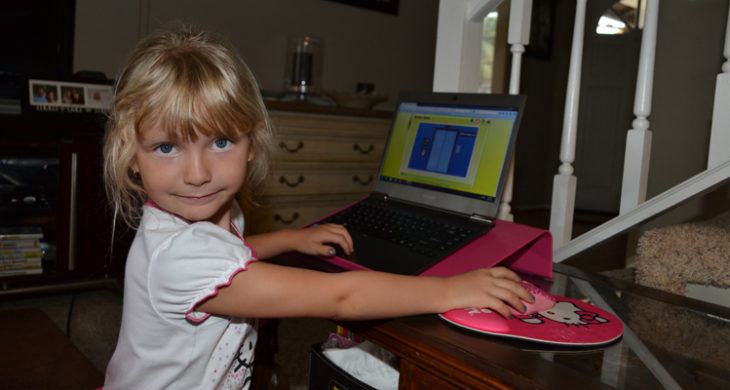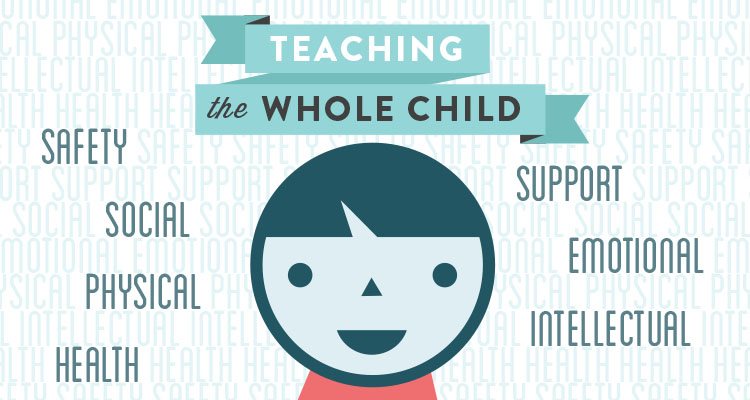In her popular Ted Talk, Carol Dweck, a Stanford University psychologist, explains her mindset theory—the idea that children are more successful when they believe that their abilities and intelligence can be developed, rather than being fixed and unchangeable. A receptivity toward trying new things and working to improve is considered a growth mindset. Dweck’s signature 2006 book, Mindset: The New Psychology of Success, provides tips for parents who want to help their children cultivate a growth mindset.
Unfortunately, some parents and educators misunderstood her growth mindset theory when they tried to implement it. Dweck calls this a false growth mindset. The false growth mindset includes praising children for effort alone regardless of the outcome and ignoring the work and discipline needed to accomplish a task. This false interpretation involves focusing on a belief that a child can accomplish anything, regardless of effort or ability.
How Dweck Is Helping Promote a True Growth Mindset
Dweck is so concerned that her research has been misinterpreted that she is now working to further educate parents and teachers. Dweck believes that many teachers do not understand how to help a student change their mindset. Recent research backs up her concern. A 2016 study by Education Week revealed only 20 percent of teachers believe they are good at helping students develop a growth mindset.
In the past two years, Dweck has become an advocate for realism and guided support to combat the prevalence of a false growth mindset. She encourages parents and teachers to reexamine what children are achieving. Dweck says that parents should explain to children that important goals do exist and then help their kids form a plan to reach the goals, as that will advance a child’s growth mindset.
What Parents Can Do
Help your children understand their individual educational goals and then take note when they have made progress. And be sure to take your child’s age, personality, and abilities into account. For example, a five-year-old is usually capable of printing some letters and numbers. It may be unrealistic to expect your kindergartener to be able to print the entire alphabet a few months into the school year, but you can help him refine his handwriting for letters already familiar to him.
General Ways to Encourage a Growth Mindset
- Let your children know they are growing after they have learned something new.
- Ask your child what he or she can try next.
- Ask your child to evaluate different strategies that might work.
- Ask your child where he or she has difficulty and help him work through it.
Specific Ways to Encourage a Growth Mindset
- Help your child create a strategy or plan to accomplish what is now hard for him. For example, if a third grader wants to complete a chapter book, provide him with a few fun activities that build vocabulary and grammar skills.
- Tell your child it is likely he will eventually master a task that is currently hard for him if he works at it.
- Ask your child to give you updates about his progress toward the goal.
Dweck believes that even students who are failing can turn their grades around with a growth mindset. She emphasizes the value of perseverance, good strategies, and good resources.
,










